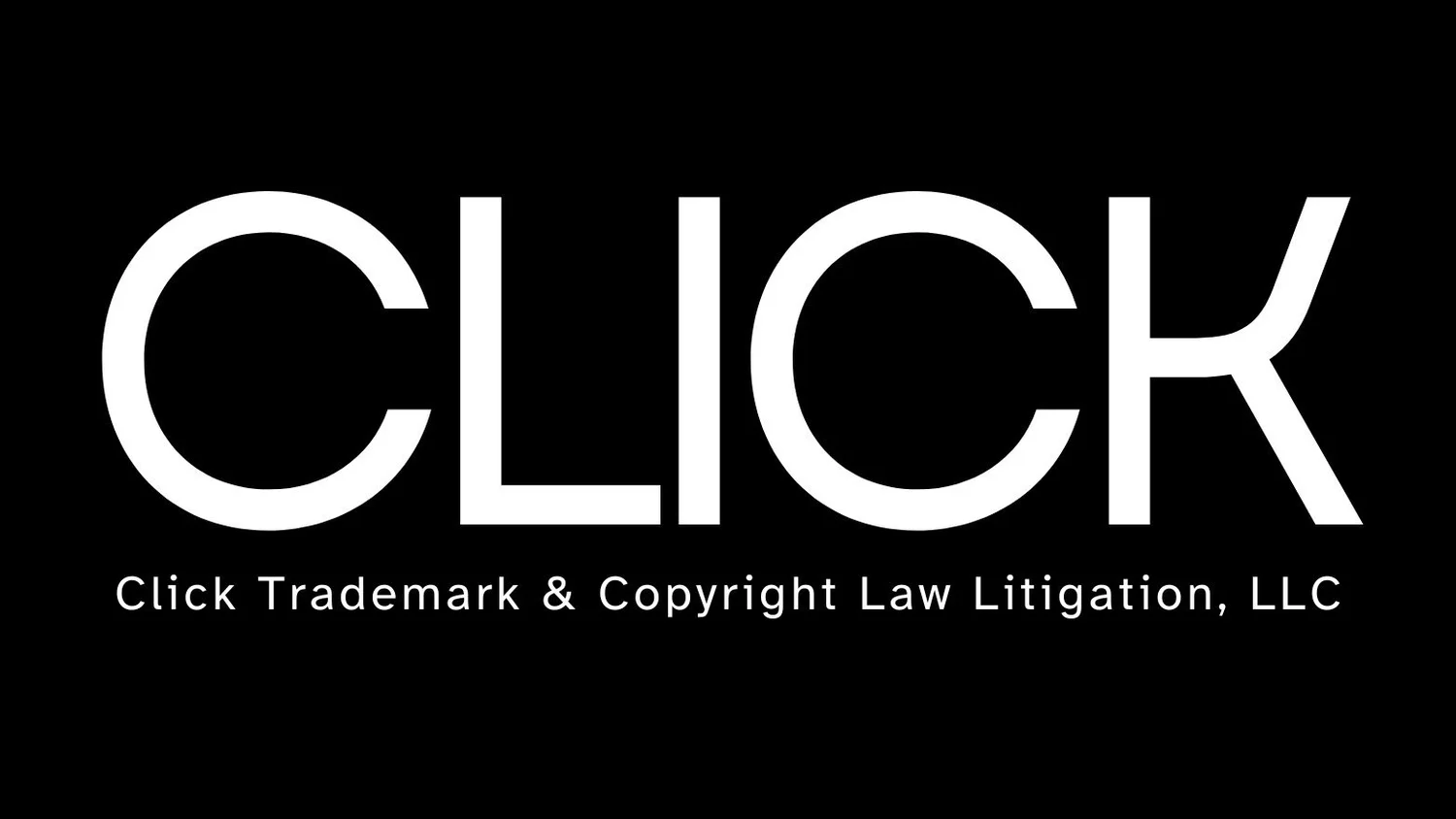Understanding Fair Use in Trademarks: Key Legal Points
Trademark Infringement: What Is Unauthorized Commercial Use?
5 Reasons to Visit® is not merely a “generic phrase” as it serves as the distinctive title and brand name for an ongoing publication. The key distinction here lies in how trademark law evaluates genericness and protectability. While certain phrases may seem descriptive or generic in everyday language, trademarks are assessed based on their use in connection with specific goods or services. A phrase that might be considered generic in one context (e.g., as a casual suggestion) can still be protectable as a trademark when it functions as a source identifier for a particular product or service, such as a publication title.
The difference becomes even more significant when the phrase is used in a commercial capacity. The integration of advertisements and e-commerce for commercial gain undermines any fair use defense, as fair use is for non-commercial, editorial purposes rather than profit-driven activities that trade on another's mark. By monetizing content under our client's Mark, you are engaging in unfair competition, free-riding on our established reputation to generate revenue, which is precisely the type of harm trademark law seeks to prevent.
Using a protected trademark, such as “5 Reasons to Visit,” in commerce without permission constitutes trademark infringement when it exploits the trademark’s established reputation for commercial gain. This is not considered fair use, as it fails to meet the criteria for nominative or descriptive fair use.
Nominative fair use requires the trademark to be essential for identifying the product or service, but generic alternatives like “Reasons to Visit Paris Now” would suffice without infringing. Descriptive fair use does not apply when the trademark has acquired secondary meaning—indicating consumer association with a specific brand—and when the use is intended to capitalize on that recognition in a competitive context. For example, incorporating the trademark in articles or blog posts that feature embedded advertisements, sponsored content, affiliate links (e.g., hotel booking referrals earning commissions), or other e-commerce elements designed for profit directly monetizes the infringing content. Such unauthorized commercial use undermines the trademark owner’s rights, misleads consumers, and unfairly competes with the trademark owner’s brand, potentially leading to legal consequences.
Unauthorized use is illegal because it violates federal trademark law.
Compliance protects you from ongoing liability, as trademark law requires active enforcement by owners.
Fair Use Limitations: The fair use defense in trademark law is often unlikely to apply when a trademark is used within the same industry, as it can lead to consumer confusion. Fair use defenses are limited, especially when the use occurs in the same industry.
Legal Risks: Unauthorized use in the same industry can result in trademark infringement, with potential consequences like injunctions, damages, and attorney fees; Continued use after a cease and desist notice may be deemed willful infringement, increasing liability for enhanced penalties.
Courts continually uphold infringement claims when marks are used in the same industry, as seen in Promatek Industries, Ltd. v. Equitrac Corp. (2002), where a competitor’s use of a mark in metatags was enjoined due to initial confusion (American Bar Association, 2018).
Why Same-Industry Trademark Use is Risky
Courts assess trademark infringement based on the likelihood of consumer confusion, considering factors like the similarity of the marks and the industries involved. In the same industry, such as travel or publishing, using a similar mark like "5 Reasons to Visit" is more likely to mislead consumers into thinking there’s an affiliation with the trademark owner. This undermines claims of descriptive use, as seen in cases like Parklane by CMP, where fair use was denied because the use implied endorsement rather than being purely descriptive.
Descriptive use in the same industry can be problematic as it suggests affiliation or promotion. For example, a travel blog or article in a publication titling a series "5 Reasons to Visit" might confuse readers if it mimics the trademark owner’s branding style or content focus. If your business operates in the travel or media industry, using "5 Reasons to Visit" as a slogan or title is particularly risky as it could confuse both advertisers and consumers. The trademark’s registration with the USPTO grants 5 Reasons to Visit® exclusive rights in the publishing sector. Courts have upheld infringement claims when marks are used in the same industry, as seen in Promatek Industries, Ltd. v. Equitrac Corp. (2002), where a competitor’s use of a mark in metatags was enjoined due to initial confusion (American Bar Association, 2018).
Legal Consequences of Trademark Infringement
If your use is deemed infringing in court, you could face serious legal consequences under the Lanham Act, including court orders to stop using the mark, payment of damages, and covering the trademark owner’s legal fees. Continuing to use the mark after receiving a cease and desist letter may be considered willful infringement, potentially leading to treble damages.
Litigation can take years to resolve and under the Lanham Act, trademark infringement carries severe penalties costing $120,000 to $750,000 on average, but can be significantly higher for complex cases:
Injunctive Relief: Courts can order you to stop using the mark immediately.
Damages: You may owe actual damages, profits derived from the infringement, and in some cases, treble damages for willful violations.
Attorney Fees: You could be liable for the trademark owner’s legal costs (Cornell Legal Information Institute).
Willful Infringement: Continuing to use the mark could be deemed willful, increasing your liability for enhanced damages (Nolo, 2023).
Click Trademark & Copyright Law Litigation, LLC, is not a law firm and does not provide legal advice. Compliance protects you from ongoing liability, as trademark law requires active enforcement by owners. To avoid costly litigation, it’s critical to cease use and pay your settlement fee to avoid legal action with the trademark owner. To see if you qualify for a discount, click here.
